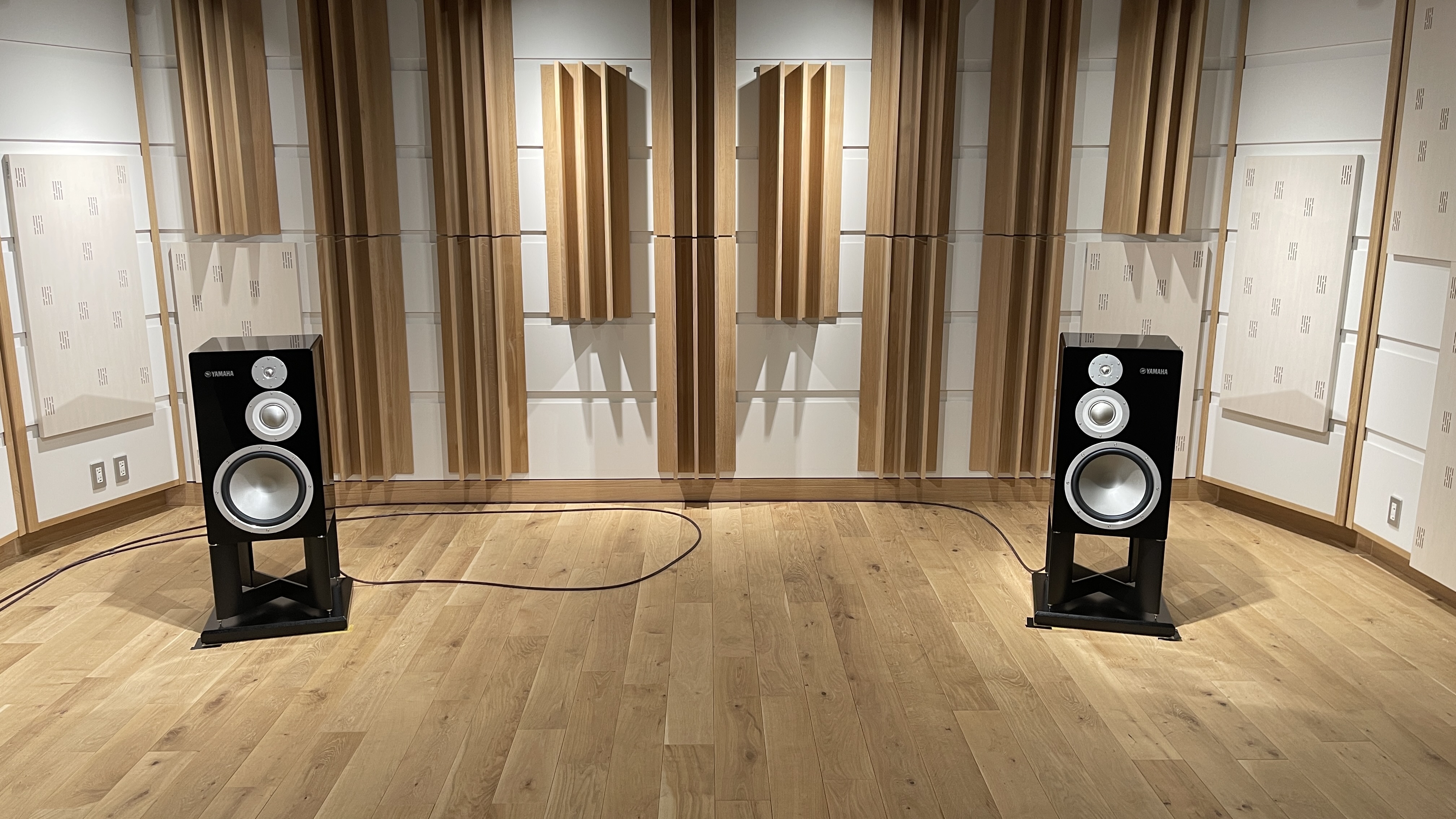12 of the best songs to test your speakers
A humble selection of our go-to tracks for testing stereo speakers
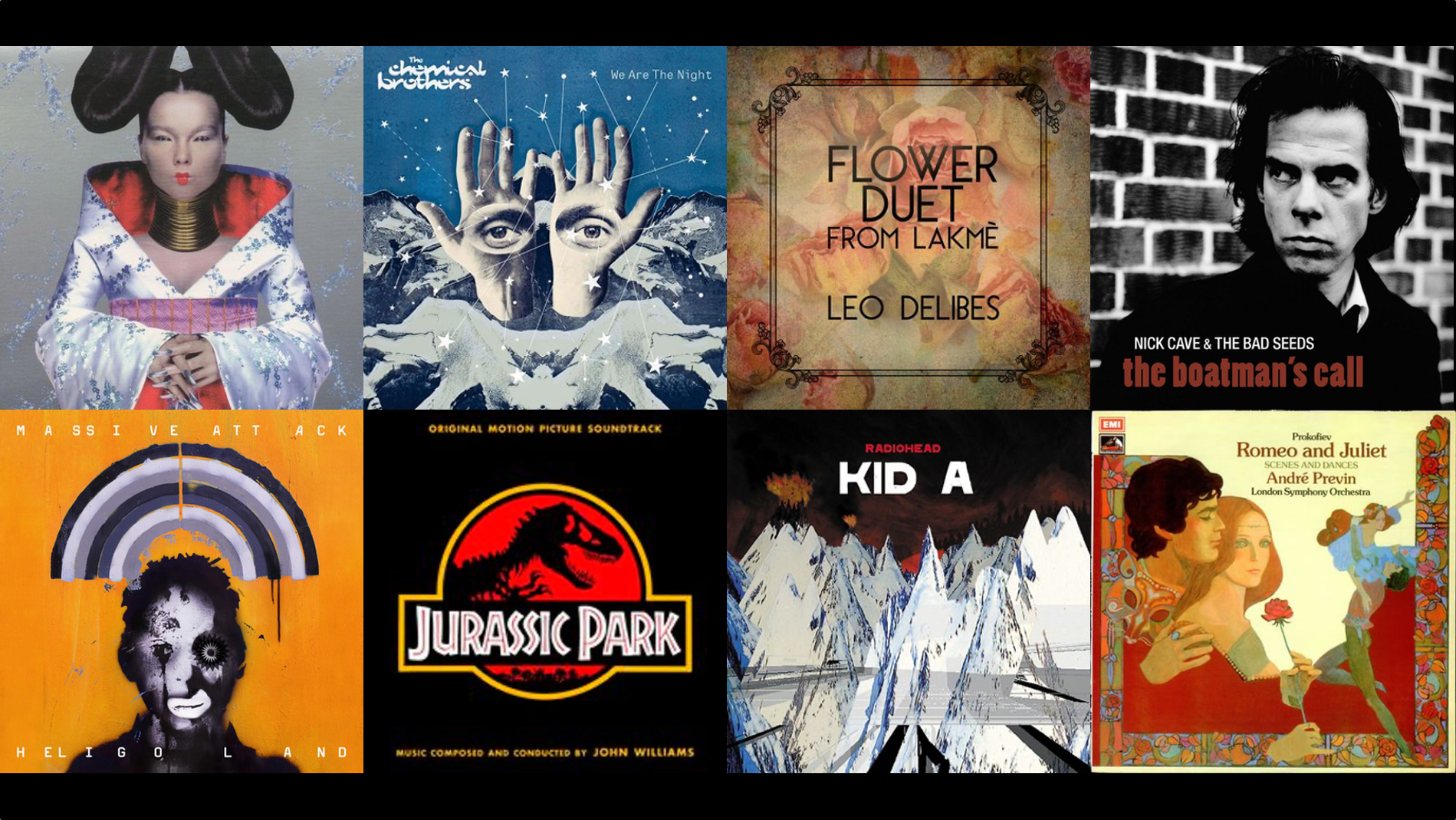
Every reviewer at What Hi-Fi? has their own carefully curated list of songs they use to test stereo speakers, spanning all genres and musical tastes. This is crucial for testing speakers, especially if they're new: while we like to keep up with new releases as much as the next melomaniac, we know it's also best to use songs you know really well to hear what the speakers are capable of.
By that token, you'll probably also have your own playlists for testing the various facets of audio performance, but what's the harm in adding a few more tracks?
As part of our best test tracks to trial your hi-fi system guide, we've put together a list of 12 songs (along with some extra suggestions – we just can't help ourselves) that we use to test every aspect of a pair of speaker's performance, from treble and bass quality to the way they handle rhythm and dynamics. This is by no means a complete list – we’d be here for days if we tried to list every single song we all use for testing – but it's a start.
And to get you listening to these tunes right away, here's a playlist of our hand-picked curation on our favourite music streaming services:
Radiohead - The National Anthem

To test overall balance
As is Radiohead’s wont, The National Anthem is a dense, multi-tiered wedding cake of a song, with acoustic and electronic instruments firing off in all directions – not to mention a brass ensemble that appears to have turned up to the wrong booking. Everything is dialled up to eleven, from the treatment on Thom Yorke’s vocals and the overdriven bass guitar sound to the Theremin-y wailing in the background.
Your speakers must strike the perfect balance between organisation and attack, between dynamism and poise and, most importantly, between control and abandon, throughout the frequency range. Done correctly, this is a thrilling cacophony. Done badly, it’s just a cacophony.
Get the What Hi-Fi? Newsletter
The latest hi-fi, home cinema and tech news, reviews, buying advice and deals, direct to your inbox.
Also listen to these:
Philip Bailey & Phil Collins - Easy Lover
Hot Chip - Ready For The Floor
Bob Marley & The Wailers - Turn Your Lights Down Low
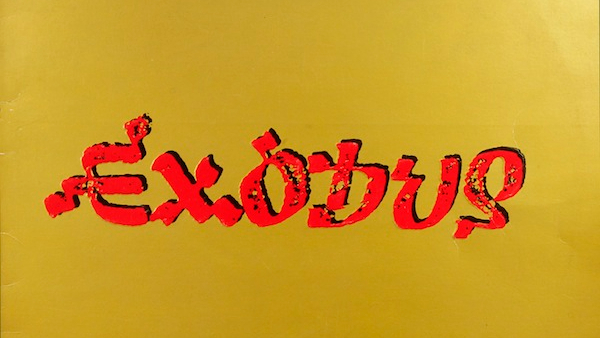
To test space
Bob Marley gets much of the credit for bringing reggae to a worldwide audience, but Island Records’s insistence on a high-gloss hi-fi sound made the traditionally rough-and-ready genre more accessible. Turn Your Lights Down Low demonstrates this beautifully: it’s such a spacious recording, with each instrument secure in its own area of the soundstage.
Your speakers must describe each player’s position on the stage and, most crucially, the space between them if the low-heat simmer and intensity of the tune are to have full impact. Not many songs use space as an instrument quite as effectively as this.
Also listen to these:
Nine Inch Nails - Right Where It Belongs
Jóhan Jóhannsson - By the Roes, and By the Hind of the Field
The Chemical Brothers - Das Spiegel

To test attack and decay
A more stop/start, truncated and altogether abbreviated collection of electronically derived sounds you’re unlikely to find – so Das Spiegel is a splendid test of your speakers’ discipline as far as attack and decay go. Aside from strummed rhythm guitar and blown melodica, every sound here has seemingly been designed to appear from nowhere and end just as abruptly.
From the four-square boom-bap of the drum pattern to the squeals, hisses and squeaks in the background as the tune builds, control needs to be martial. And the thrumming, almost unbroken bass sounds only add to the test.
Also listen to these:
The Dead Weather - 60 Feet Tall
Igor Stravinsky - The Rite of Spring
Massive Attack - Paradise Circus

To test rhythm and timing
Massive Attack are test room darlings for almost all facets of musical investigation, from detail and space to emotional resonance and dynamic contrast. There's just something about the way that the iconic Bristolian duo put together tracks with such care and refinement that makes them ideal fodder for assessing a multitude of musical facets, predominantly because you know that each decision rendered on a given composition was done for a given reason and with a specific effect in mind.
It might not be the funkiest or the fastest track you'll hear, but Paradise Circus' percussive underpinning is essential to giving the overall arrangement its odd blend of snappiness and ethereal surrealism, with those triple-hit claps and drum kicks requiring absolute precision and propulsion to avoid your system feeling as though it's inexorably slowing the whole thing down.
Also listen to these:
Nick Cave & The Bad Seeds - Into My Arms
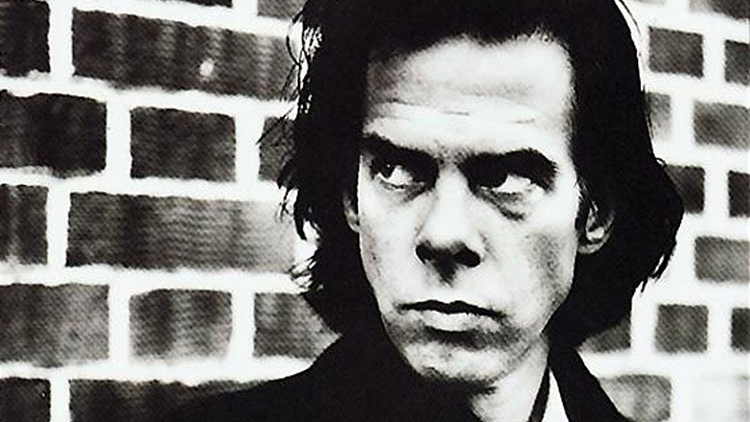
To test emotional resonance
Nick Cave is yet another superb candidate for testing new and old speakers alike, be it via his solo work, with backing group The Bad Seeds or composing alongside Warren Elis to craft haunting, elegiac soundtracks for movies such as Hell or High Water or The Assassination of Jesse James by the Coward Robert Ford.
We've used the latter to test dynamics and emotional resonance, but there isn't much that comes close to Into My Arms, a rich, beautiful composition that walks that fine line between overwrought balladry and confessional intimacy with consummate ease. A resonant, sparse piano provides the accompaniment, but it's Cave's deep, sometimes growling vocals that will stretch your speakers' ability to communicate the emotional treasures held within those heartfelt lyrics.
Also listen to these:
Nina Simone - I Put A Spell On You
Elliott Smith - Between the Bars
- 23 of the best vocal tracks to test your system
Max Roach - Lonesome Lover
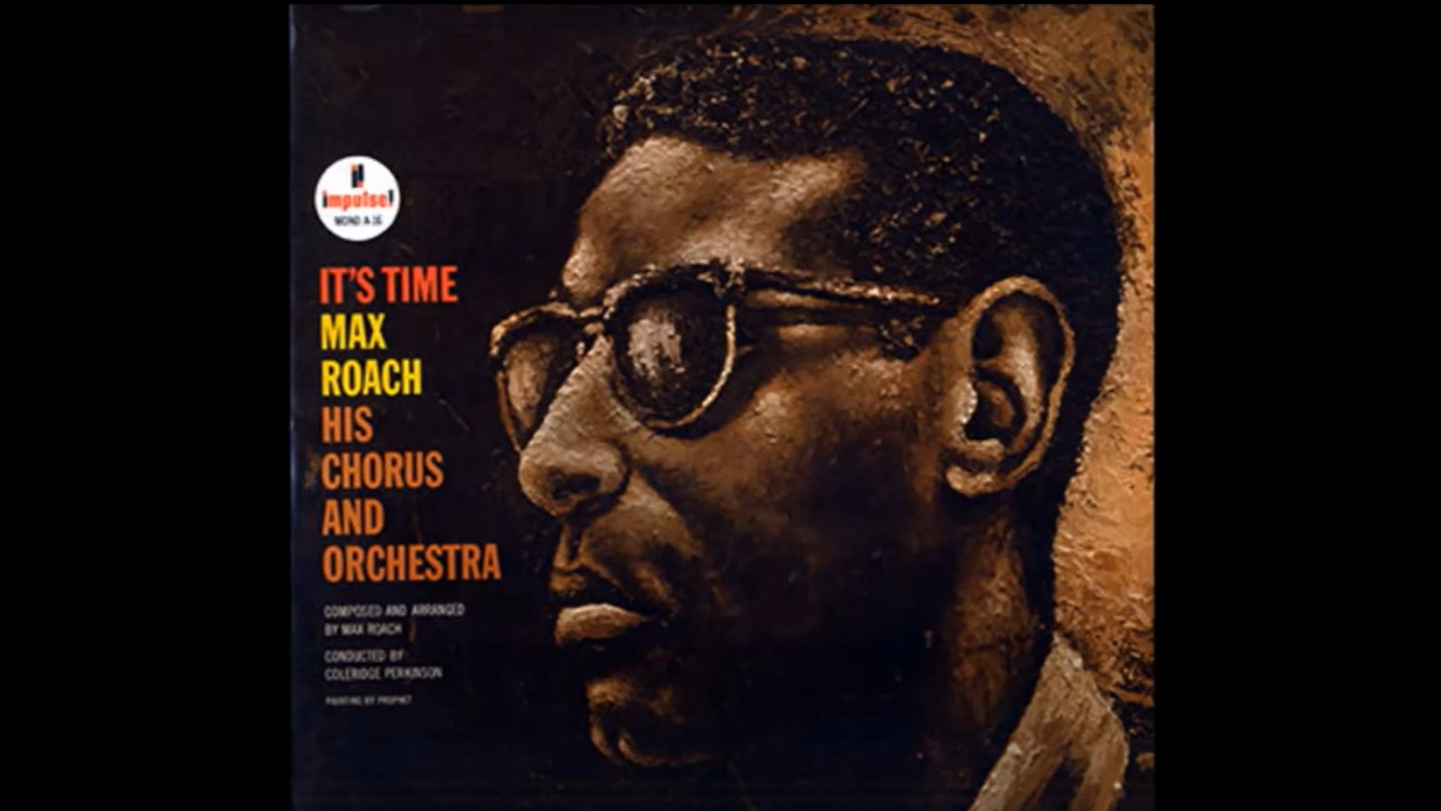
To test treble quality
Jazz stunt drummer Roach is the bandleader here, and his impeccable hi-hat and ride cymbal playing is a decent test of treble fidelity in itself. But it’s saxophonist Clifford Jordan’s wailing, keening and strident playing that really separates the high-frequency men from the boys.
His squeals and flurries of upper-register notes need to shine, but not spill over into grating sharpness. From 3:00 to 3:12, he tests your tweeters’ ability to control a note while still retaining its grit and attack. Singer Abby Lincoln and the chorus weigh in with some high-frequency fidelity examination of their own at 4:38, and again from 6:04 onwards.
Also listen to these:
Bruce Springsteen - Terry's Song
John Cage - Quartet 1 (Moderate)
- 10 of the best tracks to test your system's treble
George Gershwin - Rhapsody in Blue

To test dynamic range
The ability to shift from ‘very quiet’ to ‘very loud indeed’, whether it's a voice, a single instrument or a large-scale symphony orchestra in full attack mode, is an essential loudspeaker talent. And there aren’t many pieces of music as useful at demonstrating the dynamic potency of an orchestra as Gershwin’s Rhapsody in Blue.
Inside the first two minutes it switches from plaintive piano to strings/brass/percussion overload and back again several times – and each time it does, your speakers must make the switch instantly and without displaying any undue stress. Which is not as easy as you might think.
Also listen to these:
Mike Oldfield - Pran's Departure
Thundercat - Uh Uh
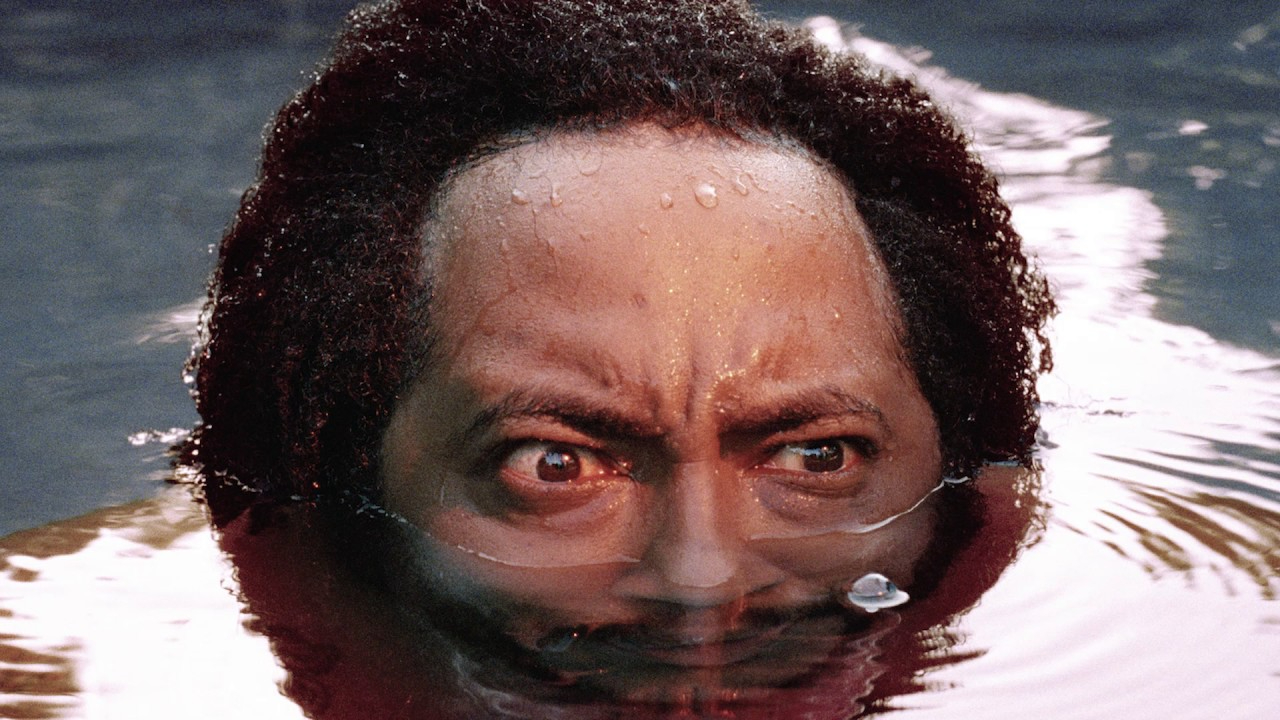
To test bass control
Massive show-off Thundercat (Stephen Bruner) delivered one of the more critically acclaimed albums of 2017 with Drunk. And on Uh Uh (a brief but exhausting exploration of the six-string electric bass guitar), he plays with such frantic virtuosity your speakers have no hiding place.
Bass extension, speed, tonal variation, and attack and decay all get the sort of examination that speaker engineers dread. What’s required here is well defined, well described variations in note tonality and intensity. In the right hands it’s a remarkably athletic piece of playing, but in less capable care it’s just a low-frequency mess of overlapping information.
Also listen to these:
- 25 of the best tracks for testing bass
Sergei Prokofiev - Montagues and Capulets
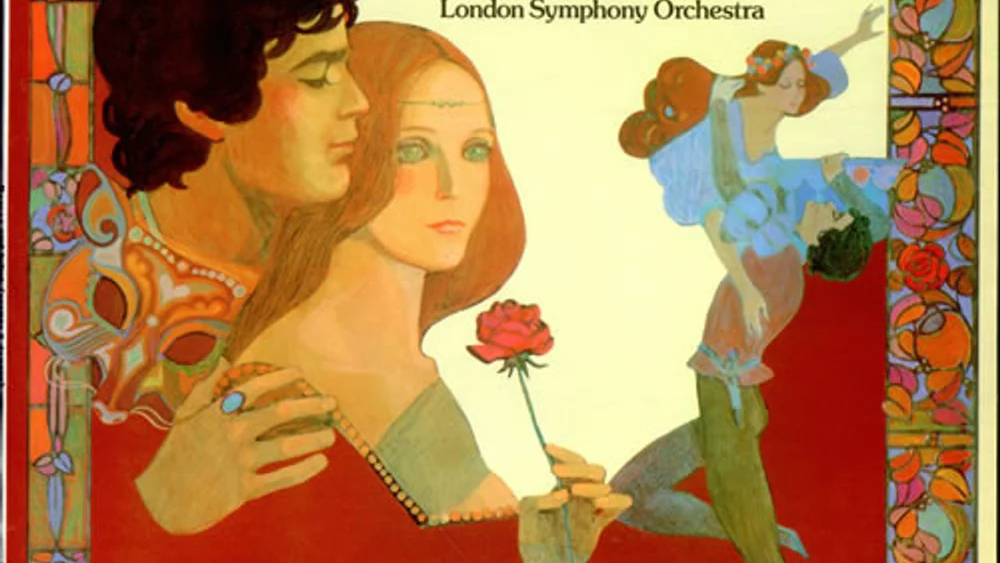
To test detail
The devil’s in the detail, apparently – certainly that’s where full enjoyment of a piece of music exists. And in a big symphonic set-piece like this, there are numerous chances for your speakers to show off just how capable they are of picking up the nuances.
The sound of a flute player’s embouchure, the rattle of a snare beneath a drum-skin, the blare of a trumpet as it sounds the charge, even the squeak of a timpani foot-pedal – tiny details like this are what makes a piece of music truly alive.
Do your speakers pick up on the tiny inputs of the triangle in the background of this piece? No? Put them on eBay and audition some new ones.
Also listen to these:
Léo Delibes - Flower Duet
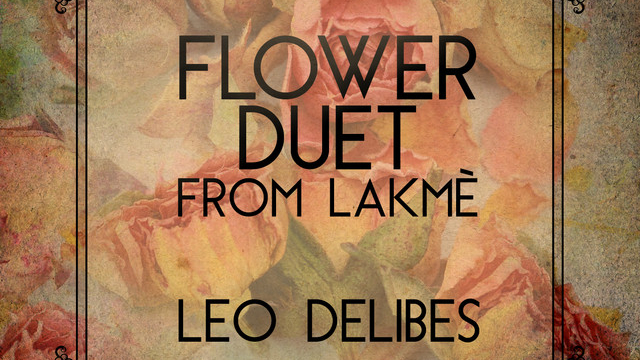
To test stereo imaging
Stereo imaging is how well a pair of speakers can place tones and vocals separately across a left and right soundscape, and it's oddly one of the first things that many engineers and audio manufacturers look for when they're crafting any new piece of hi-fi gear.
Léo Delibes Flower Duet, taken from the three-act opera Lakmé and often referred to as "that tune from the British Airways ads" is far more than just a piece of backing music from an airline commercial. Aside from being an excellent test track for space and vocal detail, it's perfect for assessing how well a pair of speakers can pan the piece's leading vocal duette with clarity and absolute organisational precision.
Also listen to these:
Carl Orff - Carmina Burana: O Fortuna
Dirty Projectors - Swing Lo Magellan
Björk - Bachelorette

To test organisation
If you're looking to not so much stretch your speakers' capabilities as to give them a soul-sucking, muscle-cramping workout that would make most Crossfit devotees wince, Bjork is your go-to candidate. Not only is the Icelandic icon's music breathtakingly beautiful and admirably diverse, it's also absolutely superb for seeing just what the best bits of kit can do when really pushed.
Björk's 1997 masterwork Homogenic feels like some sort of creative apex, with a myriad of tracks that simply blow you away with their complexity, maturity, ambition and scope. Bachelorette is perhaps the pick of the litter, twisting and evolving like a shapeshifter as it moves from rising classical strings to passages of thumping, pounding verse motifs, all while our favourite vocalist's sublime pipes dance on the breeze above. There's just so much going on that all but the finest speakers will be able to cope, but if they can, you really have some special performers on your hands.
Also listen to these:
Art Ensemble of Chicago – Theme de Yoyo
John Williams - Theme From Jurassic Park

To test scale and authority
OK so this one's rather obvious, but by that very sentiment, to overlook it would be shameful. The masterstroke of the maestro of large-scale movie soundtracks is majestic and powerful and therefore demands a great deal from a system when it comes to scale and authority.
A good level of openness for the stacks of detail resolution to fill it is a must if things aren’t to sound confused, and there's also the need for dynamic scale (as well as dynamic subtlety), not to mention composure at high volumes, if you're going to enjoy this piece at its best. If you have larger speakers, the growling bass is a real treat too. Which featured in this definitive spot was a toss-up between this and the Howard Shore recommendation below, so movie fans shouldn't hesitate to add that to their playing queue swiftly after.
Also listen to these:
Howard Shore – The Breaking of the Fellowship
MORE:
- A definitive guide to the best test tracks to trial your hi-fi system
- 10 of the best tracks to test your headphones
- 10 of the best movie scores to test your system
- 10 of the best podcasts for music lovers
- 12 of the best-produced recordings to test your speakers
Becky is the managing editor of What Hi-Fi? and, since her recent move to Melbourne, also the editor of the brand's sister magazines Down Under – Australian Hi-Fi and Audio Esoterica. During her 11+ years in the hi-fi industry, she has reviewed all manner of audio gear, from budget amplifiers to high-end speakers, and particularly specialises in headphones and head-fi devices. In her spare time, Becky can often be found running, watching Liverpool FC and horror movies, and hunting for gluten-free cake.
- Simon Lucas
- Harry McKerrellSenior staff writer
-
LBCaterson Any list like this that doesn't include Henryk Gorecki's 3rd Symphony, mvt.1 is missing their best option for testing, it hits all the points and many speakers can't handle the dynamics or the lows.Reply -
Steve m Reply
Is this the piece of music you're referring to? u8dWoxcpCpgView: https://youtu.be/u8dWoxcpCpg?feature=sharedLBCaterson said:Any list like this that doesn't include Henryk Gorecki's 3rd Symphony, mvt.1 is missing their best option for testing, it hits all the points and many speakers can't handle the dynamics or the lows. -
VinylGym Reply
Yes, that's it. Incredible version.Steve m said:Is this the piece of music you're referring to? u8dWoxcpCpgView: https://youtu.be/u8dWoxcpCpg?feature=shared

